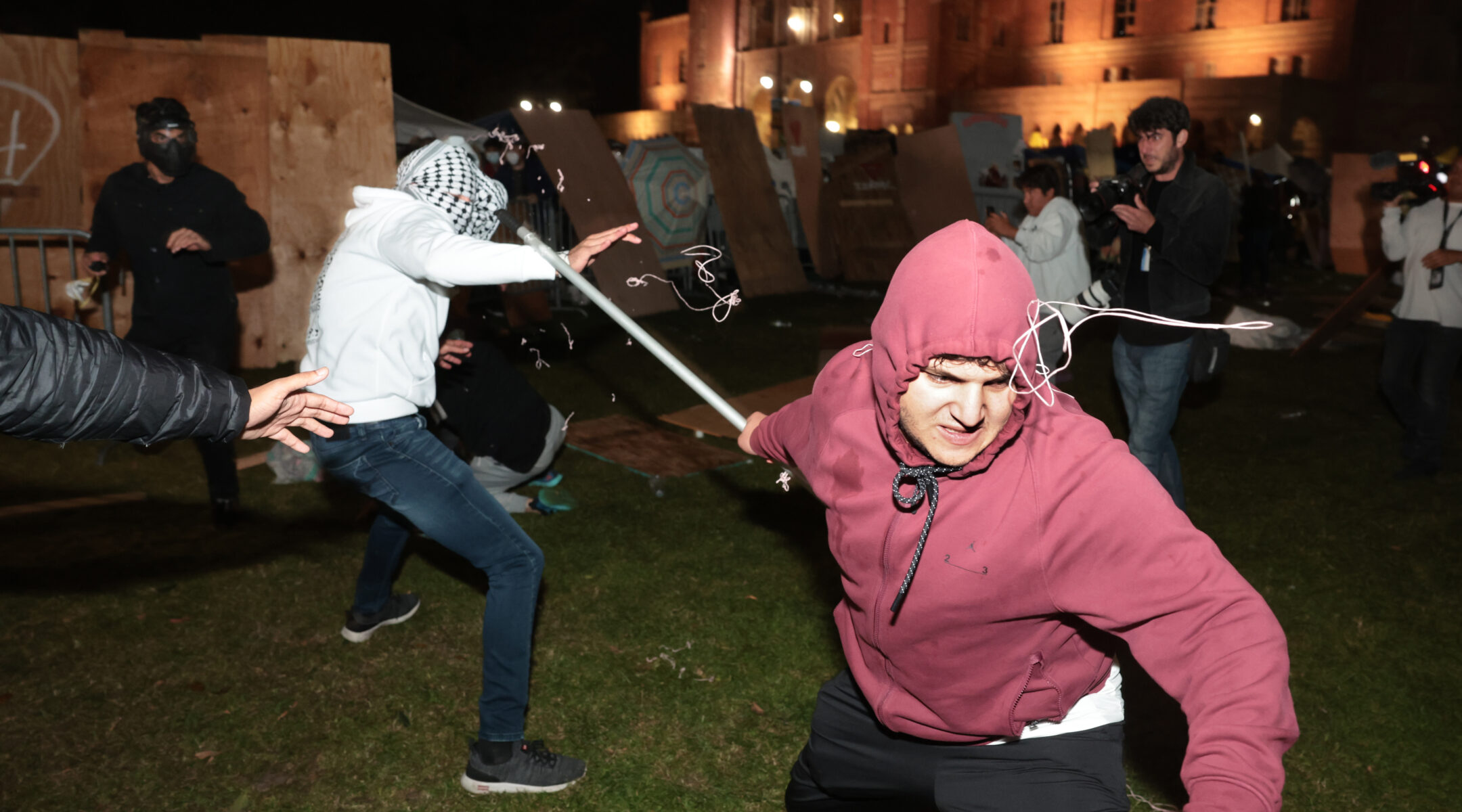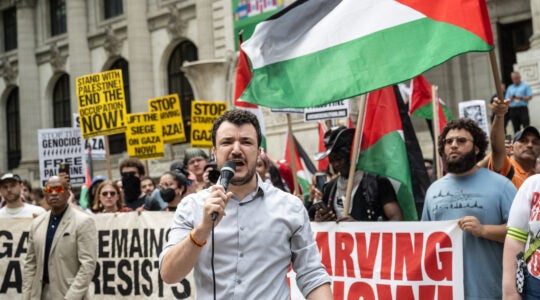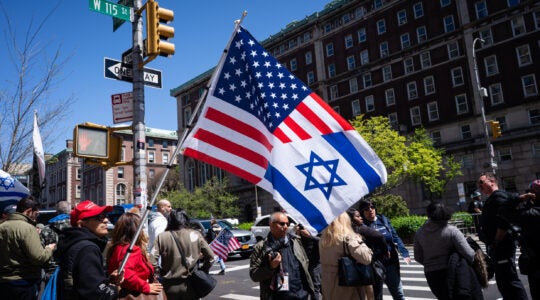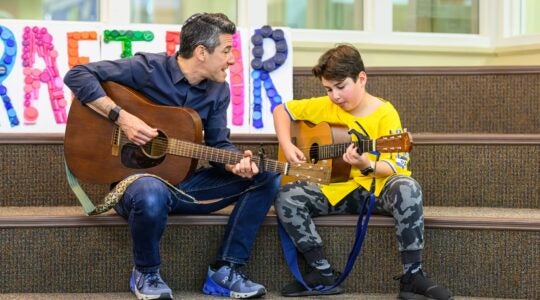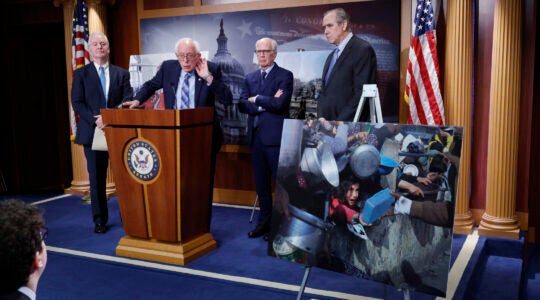LOS ANGELES — Two pro-Israel activists have been arrested in the latest fallout from a violent clash at UCLA’s pro-Palestinian encampment last spring.
On Friday, Adam Tfayli, student body president of the University of California, Los Angeles, announced on Instagram that two people were arrested on felony charges first made in early August, and have preliminary hearings scheduled. The statement also said an additional two people have active warrants for arrest — one on a felony warrant and one that was initially charged as a felony but has since been reclassified as a misdemeanor. There is a fifth case currently being reviewed.
The statement did not include names, but the Daily Bruin, UCLA’s student newspaper, identified the arrested suspects as Eyal Shalom and Malachi Joshua Marlan-Librett. UCLA and campus police did not return requests for comment.
The arrests came nearly six months after a group of pro-Israel activists — including Shalom and Marlan-Librett — attacked the pro-Palestinian encampment at the school on April 30. The fracas led to numerous physical altercations as demonstrators threw objects and fireworks at the pro-Palestinian activists. Security guards were present at the scene but police did not clear the area until hours after the clashes began.
The violence from pro-Israel activists drew national attention, particularly in a climate where Jewish students at campuses across the country said that pro-Palestinian encampments created a hostile and antisemitic atmosphere. Classes were canceled at UCLA following the incident, and condemnations poured in, including from local Jewish leaders and Jewish UCLA students and faculty. L.A. Mayor Karen Bass called the violence “absolutely abhorrent and inexcusable.”
“We remain dedicated to advocating for student safety on campus and ensuring that our community is informed as we move forward,” Friday’s statement read. “We will continue to push for measures that protect all Bruins and hold those responsible accountable.”
According to the local news site Westside Today, Shalom was charged for illegal use of tear gas. Footage of the April 30 incident shows a man wearing a maroon hoodie, carrying a metal pipe, spraying tear gas and shouting profanity. A reporter on the scene, Dolores Quintana, identified the man as Shalom. His connection to UCLA is unclear.
Marlan-Librett, who graduated from UC Santa Cruz in 2020 and is not a UCLA student, was charged with four total counts, including assault with a deadly weapon, as well as a special circumstances allegation of committing a hate crime while committing a felony. The two other charges are felony battery counts from a separate incident on April 28, the day of a large and mostly peaceful pro-Israel rally at UCLA. Marlan-Librett, who had first been identified by CNN, has a preliminary hearing set for Nov. 22.
Days after the clashes, on May 2, more than 200 people were arrested as police swept and cleared out the encampment, part of a wave of police actions nationwide to end the student encampment movement.
According to the Los Angeles Times, many of them were booked on suspicion of failing to disperse, which is a misdemeanor. Hours later, they left a downtown jail with their belongings, greeted by cheers of “Free Palestine.”
The first arrest of a pro-Israel activist involved in the clashes occurred weeks later, when police arrested 18-year-old Edan On in Beverly Hills on May 23. But the Los Angeles County District Attorney’s Office declined to charge On and instead referred the case to the Los Angeles City Attorney’s Office for misdemeanor filing consideration.
The UCLA encampment has also sparked other legal action. In August, U.S. District Judge Mark Scarsi issued a temporary injunction ruling that UCLA must do more to protect Jewish students. A handful of Jewish UCLA students had sued the university, alleging that they were barred from entering certain areas of campus by pro-Palesintian protesters.
“In the year 2024, in the United States of America, in the State of California, in the City of Los Angeles, Jewish students were excluded from portions of the UCLA campus because they refused to denounce their faith,” Scarsi wrote.
A spokesperson for UCLA criticized the ruling to the Los Angeles Times, saying it would “improperly hamstring our ability to respond to events on the ground.”
JTA has documented Jewish history in real-time for over a century. Keep our journalism strong by joining us in supporting independent, award-winning reporting.
